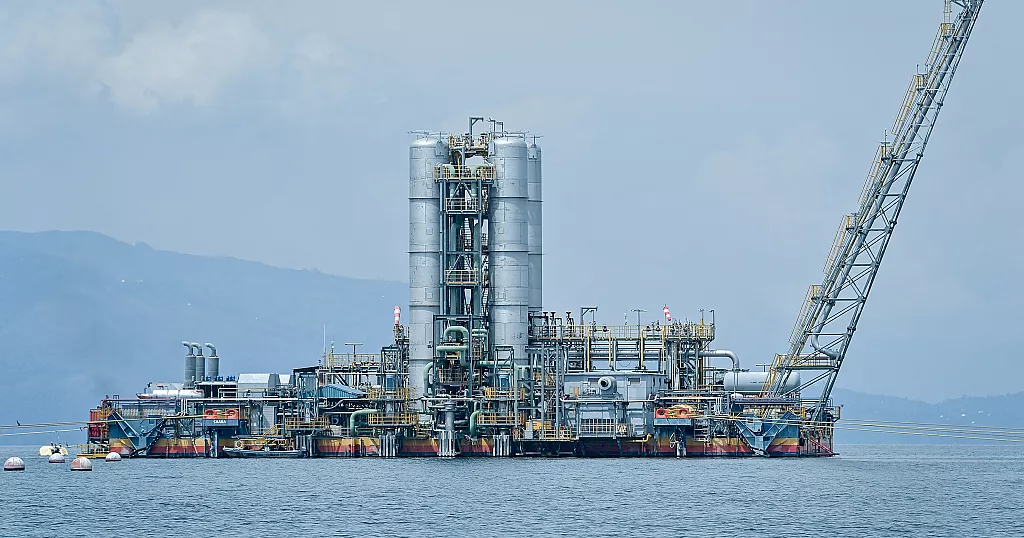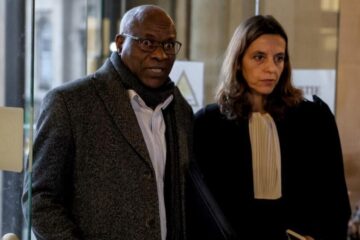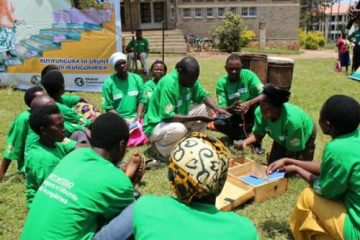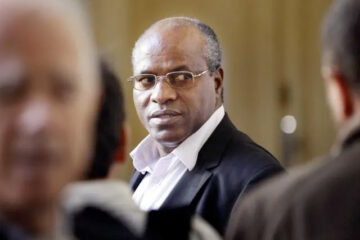The construction of a state-of-the-art laboratory in Rubavu District, aimed at monitoring methane gas extraction and ensuring the ecological stability of Lake Kivu, is set to conclude in November 2025. This facility represents a significant milestone in Rwanda’s commitment to sustainable environmental management.
Valued at over Rwf 2 billion, the laboratory is being developed under the Lake Kivu Monitoring Program (LKMP), a collaborative initiative between the Government of Rwanda and the Netherlands. Once operational, it will serve as a hub for advanced environmental surveillance, water and gas quality testing, and ecosystem research.
Eric Mudakikwa Ruhanamirindi, Manager of REMA’s Environment Analytics and Lake Kivu Monitoring Division, emphasized the project’s importance during a recent briefing to the Parliamentary Committee on Land, Agriculture, Livestock, and Environment. He stated, “The main objective is to ensure that methane gas extraction is conducted without harming the environment.” The laboratory will also align Rwanda’s domestic regulations with international monitoring standards.
According to Alex Mugabo, REMA’s Single Project Implementation Unit Coordinator, approximately 80 percent of the construction work has been completed. While some delays occurred due to financial adjustments, he confirmed that the remaining Rwf 500 to 600 million needed to finalize the project is secured.
Lake Kivu contains an estimated 60 to 70 cubic kilometers of methane, with 44.7 cubic kilometers deemed extractable. The lake’s delicate ecosystem supports fishing, recreation, and tourism, making careful management of methane extraction activities crucial.
Currently, Rwanda operates two methane gas extraction plants; KivuWatt and Shema Power Lake Kivu with a third, GasMeth, expected to commence operations soon. The new laboratory will enhance monitoring efforts through on-plant inspections, near-plant assessments, and lakewide ecosystem surveillance.
Beyond its environmental monitoring role, the laboratory will function as a training center for Rwandan scientists and students in disciplines such as biology, chemistry, geology, and geography. It will provide access to specialized instruments not available elsewhere in the Great Lakes Region, fostering international research collaborations.
As the laboratory nears completion, it underscores Rwanda’s proactive approach to balancing energy production with environmental conservation, ensuring the long-term health of Lake Kivu’s unique ecosystem.








